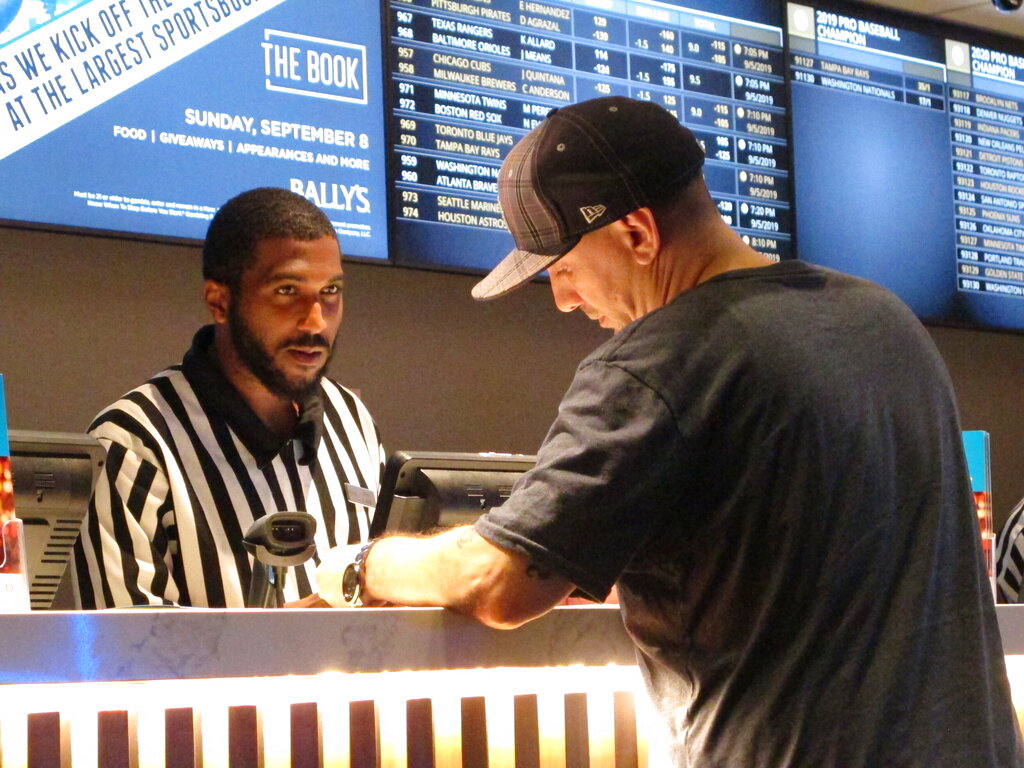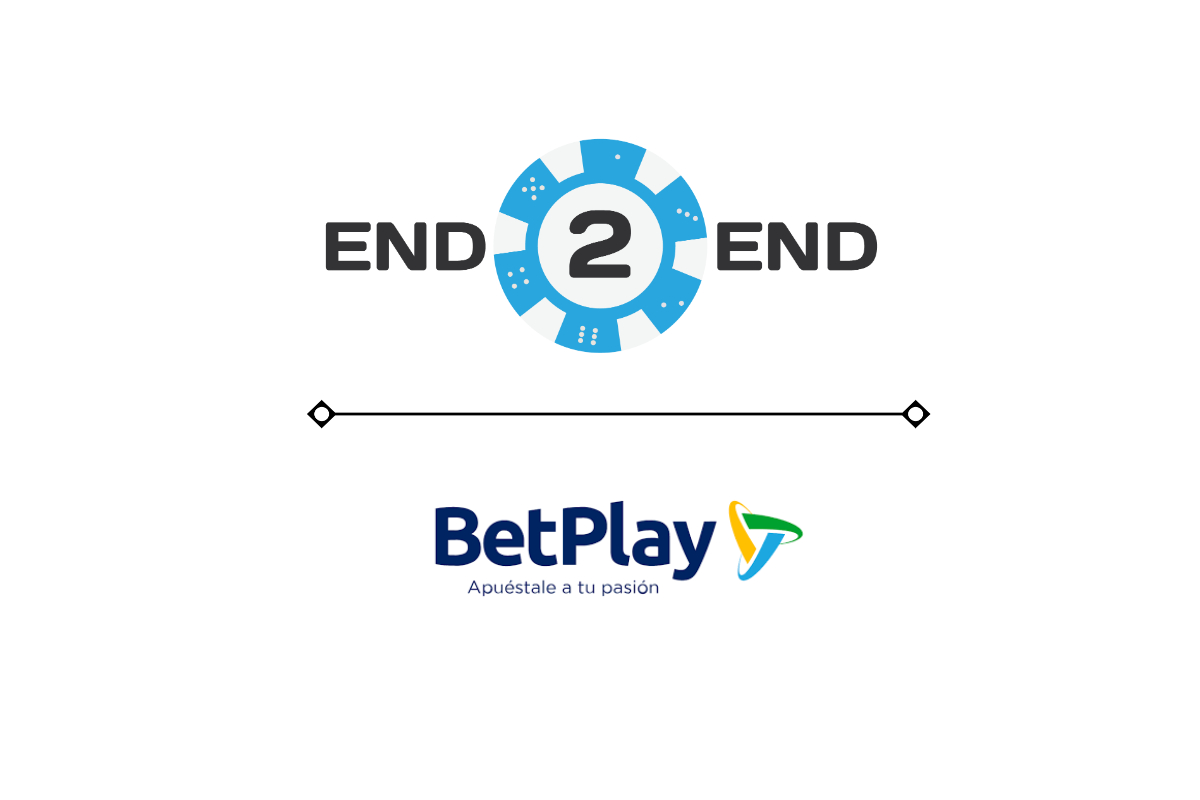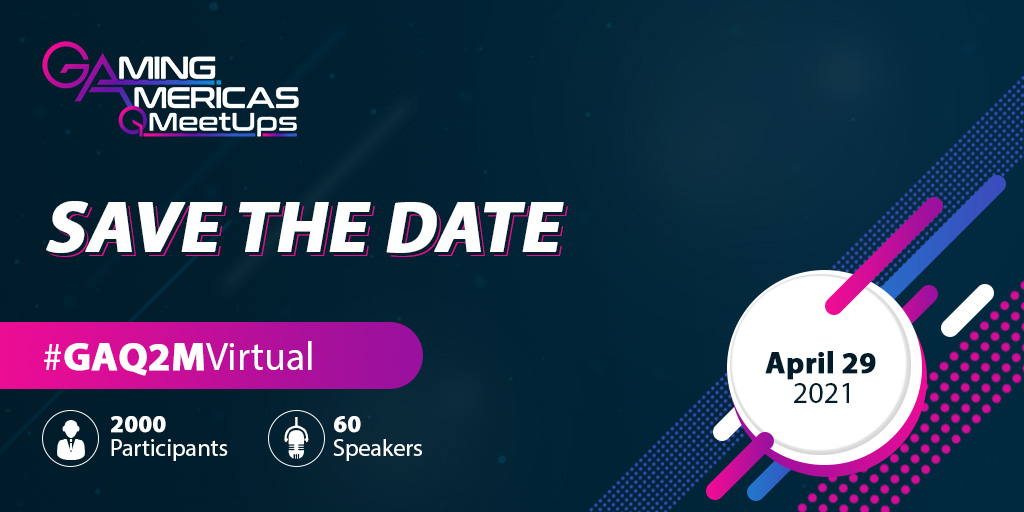
Massachusetts Gaming Commission Imposes $18,000 Fine on MGM Springfield
The Massachusetts Gaming Commission has imposed an $18,000 fine to MGM Springfield after finding three separate “unacceptable” failures that resulted in underage persons being allowed to gamble and, on one occasion, being served alcohol.
A 17-year-old was able to spend about two hours on the casino’s gaming floor and was served a complimentary alcoholic beverage on December 25 after security officials at an entrance to the gaming area failed to ask for an ID when the teenager entered, Investigations and Enforcement Bureau Director Loretta Lillios said. When the teen attempted to cash out, the cage cashier alerted security and the teen was removed from the casino.
On December 31, an 18-year-old person was able to gain access to the gaming floor because casino security personnel again did not check for an ID at the entrance, Lillios said. That teen gambled at 11 slot machines for about 90 minutes and was reported to security when a cocktail server asked to see the 18-year-old’s ID.
“The protocol is the patron lowers the mask and security is required to ask for identification from anyone who appears under 30. So this lapse was not acceptable,” Lillios said.
On January 20, a 20-year-old person was allowed access to the gaming area even though a scan of their ID at a security checkpoint revealed that it was not a valid ID, Lillios said. That person was on the gaming floor for about 90 minutes and played three hands of blackjack before the dealer requested to see an ID.
MGM agreed to the $18,000 fine to resolve the three violations, Lillios said. She added that MGM reported the incidents to the IEB “in real-time,” has taken human resources discipline against employees who were involved and has begun to re-emphasize its ID policies. She said the casino’s response has been “very responsible” and shows that it understands the gravity of the situations.











